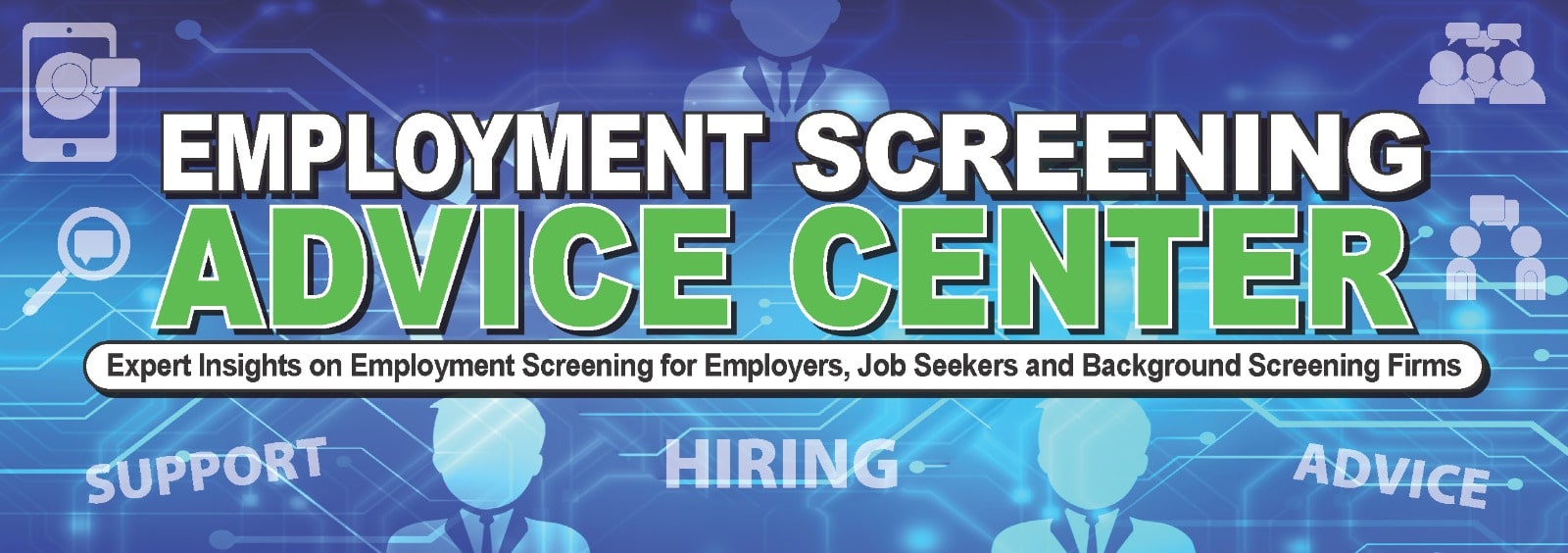Could Blockchain Bring the End of Resume Exaggeration and Significantly Disrupt Background Checking as We Know it? |
back to blog

By W. Barry Nixon, COO, PreemploymentDirectory.com
Blockchain is one of the new tools in HR’s toolbox. The technology isn’t terribly new, but HR professionals are beginning to find uses for it.
If you don’t know what blockchain is, you’re not alone.
What is it?
Simon Jensen, an attorney with Buddle Findlay, a law firm in New Zealand, explains in the article, Blockchain: What is it and how is HR using it? that “A blockchain is a digital ledger, shared across multiple people or organizations (nodes) in a distributed network. The nodes in the network work to verify the authenticity of transactions undertaken on the network and if a consensus amongst those nodes is reached, the transaction will be validated. In many blockchains, each node in the network has a copy of the block-by-block transaction record.
A blockchain can be used to record data, often but not exclusively financial transactions, in a way that is:
- Immutable – it cannot be hacked or altered in retrospect if the network has sufficient scale because the hacker would need to control 51% of the nodes
- Reliable – it is resistant to failure of an individual or groups of nodes on the system because the chain of transactions are generally stored on every single node
- Distributed – it does not require a central authority to oversee and regulate transactions as the blockchain is governed by its protocol, which will often be open source.
The sum of these attributes, and in particular the distributed nature of the technology, mean that blockchains can be relied on to carry out functions that have in the past had to be carried out by trusted intermediaries such as stock exchanges, clearing houses and lawyers [and background checking providers.] This could potentially have significant cost and time benefits for a wide variety of transactions people undertake all the time.”
When it comes to resumes, blockchain technology has the potential to largely eliminate exaggeration. Schools can post degrees and educational details, employers can share dates and titles, and credentialing entities can make information available. Candidates could then authorize employers to access their records directly. Notice in this scenario that a background checking provider’s services are not necessary.
“Although blockchain cannot guarantee all exaggerations or flaws will be detected, it does dramatically reduce incidents of fraudulent points and helps employers get the most accurate picture of their candidate’s credentials before hiring,” King said.
If you are in the background checking business it may be time to start paying attention to blockchain so you don’t get blindsided like Blockbuster, Hertz, Polaroid or taxi cab services.


